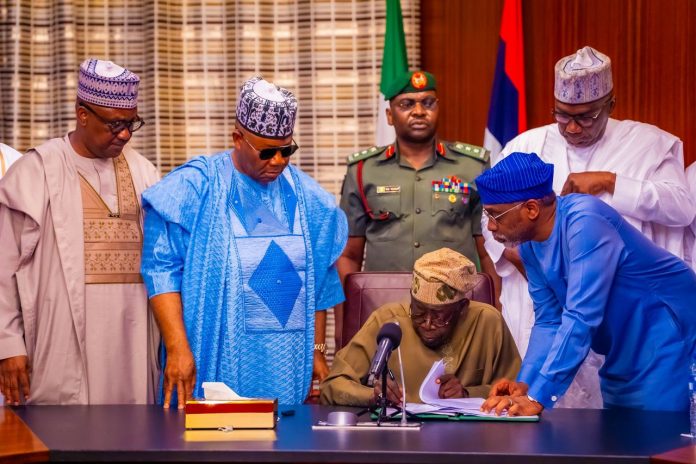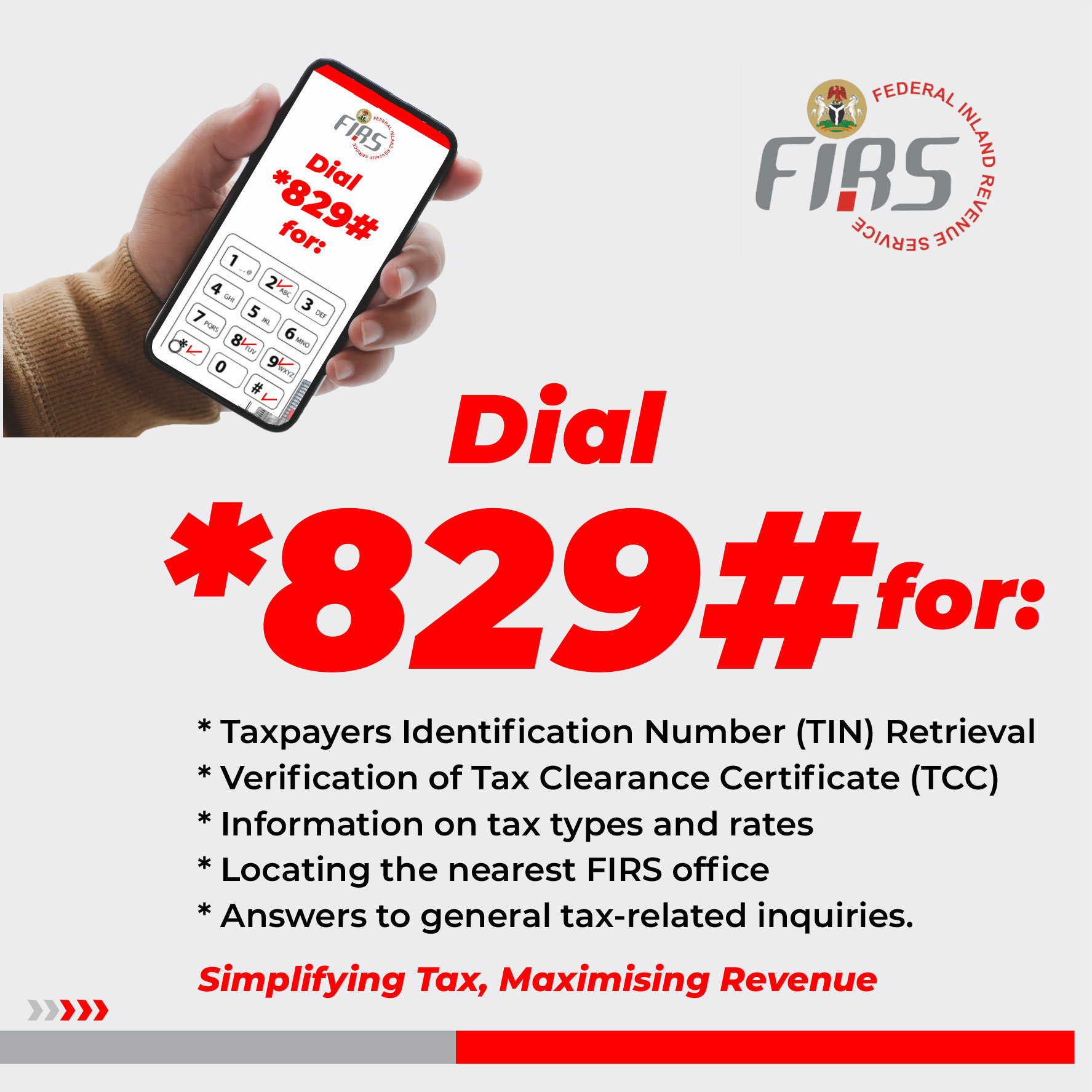27 June 2025
Admin:
President Bola Ahmed Tinubu has signed four landmark tax reform bills into law, setting the stage for a comprehensive overhaul of Nigeria’s tax system. The brief signing ceremony held at the Presidential Villa on Thursday afternoon drew attendance from key leaders across the executive and legislative arms of government.
The new laws—crafted after extensive consultations—are designed to streamline tax processes, enhance revenue generation, and create a more business-friendly environment. The signed bills include the Nigeria Tax Bill, the Nigeria Tax Administration Bill, the Nigeria Revenue Service (Establishment) Bill, and the Joint Revenue Board (Establishment) Bill.
According to presidential spokesman Bayo Onanuga, the reforms aim to “significantly transform tax administration in the country, leading to increased revenue generation, improved business environment, and a boost in domestic and foreign investments.”
One of the key reforms, the Nigeria Tax Bill, seeks to unify the country’s previously fragmented tax laws into a single, coherent document. This consolidation is expected to eliminate overlapping taxes and reduce the compliance burden on businesses.
“The bill will enhance the ease of doing business by creating a more predictable fiscal environment,” a statement from the Presidency noted.
The Nigeria Tax Administration Bill, on its part, introduces a standard legal framework for tax administration across federal, state, and local governments, promoting uniformity and fairness in tax practices nationwide.
The Nigeria Revenue Service (Establishment) Bill replaces the Federal Inland Revenue Service (FIRS) with the Nigeria Revenue Service (NRS), an agency expected to be more autonomous, efficient, and performance-driven. Its scope has been expanded to cover both tax and non-tax revenue collection.
The fourth legislation, the Joint Revenue Board (Establishment) Bill, introduces a governance structure to encourage cooperation among revenue authorities at different government levels. It also includes critical oversight provisions such as the establishment of a Tax Appeal Tribunal and a Tax Ombudsman Office to address taxpayer grievances.
Among the dignitaries present at the signing were Senate President Godswill Akpabio, Speaker of the House of Representatives Tajudeen Abbas, Kwara State Governor Abdulrahman Abdulrazaq, Imo State Governor Hope Uzodinma, Finance Minister Wale Edun, and Attorney-General of the Federation Lateef Fagbemi.
With the president’s assent, the new tax regime is expected to modernize Nigeria’s fiscal system, close revenue leakages, and offer clarity to investors, entrepreneurs, and citizens alike.


